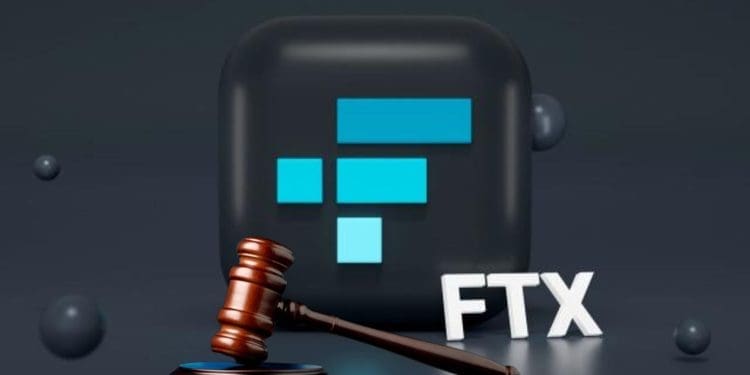- Appeals court ruled that an independent examiner must be appointed to investigate FTX’s collapse, overturning an earlier decision.
- Judge said the probe led by FTX’s CEO has concerning conflicts of interest, so a neutral investigation separate from current leadership is needed.
- Ruling opens the door for more transparency and accountability in the FTX bankruptcy case.
The Third Circuit Court of Appeals made a major ruling regarding the investigation into the collapse of cryptocurrency exchange FTX. An independent examiner must be appointed to conduct the investigation, the court said, overturning an earlier decision.
Background on the FTX Bankruptcy Case
FTX filed for bankruptcy in November 2022 after a liquidity crisis caused the company to implode. The Department of Justice has been overseeing the bankruptcy case through a U.S. Trustee.
In December, the U.S. Trustee requested that an independent examiner be appointed to investigate FTX’s downfall separately from the probe being conducted by FTX’s current CEO, John Ray III. However, the bankruptcy judge denied this request in February.
Appeals Court Rules Independent Examiner Must Be Appointed
The appeals court overturned the bankruptcy judge’s decision on Friday.
Judge Luis Felipe Restrepo wrote in the opinion that the independent examiner cannot be an “interested party” and must be truly separate from FTX.
Restrepo explained that the probe led by CEO John Ray has concerning conflicts of interest. For example, some employees involved in potential fraud may still work at FTX.
Why An Independent Investigation is Necessary
The judge stated that appointing an examiner is required by bankruptcy law for a case of this massive size.
Furthermore, he said an independent investigation into FTX’s practices could benefit the broader crypto industry by revealing risks and improving investor protections.
Overall, the appeals court firmly asserted the need for a neutral investigation separate from the current leadership of FTX. This ruling opens the door for more transparency and accountability as the bankruptcy process continues.














